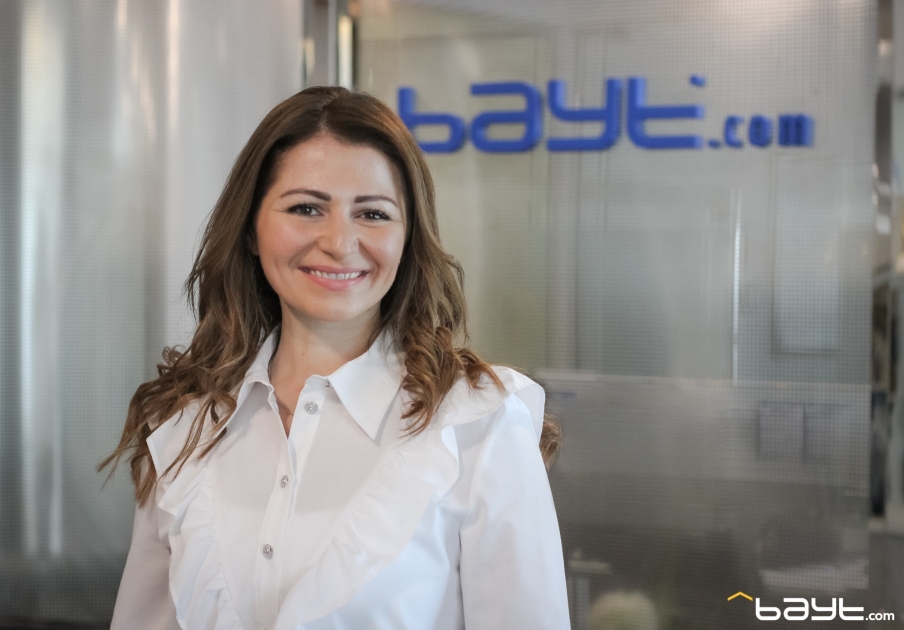
“Bayt.com Survey Reveals the Job Market in the Middle East Will Get Significantly More Competitive in 2024”.
Bayt.com, the Middle East’s #1 job site, today released the results of the Middle East Career Insights Poll 2023, providing key insights into the preferences and experiences of professionals in the region. According to the poll, 74.4% of respondents believe that a diverse and inclusive workplace is important when considering a job opportunity, highlighting the significance of diversity and inclusion in organizations across the Middle East.
"Workplace diversity is not just a buzzword; it is a fundamental pillar of successful organizations in the Middle East,” said Ola Haddad, Director of Human Resources at Bayt.com. "Awareness is growing, and MENA professionals are recognizing the inherent value of diverse and inclusive workplaces. Survey results confirm that embracing diversity helps to create an environment that fosters innovation and drives success."
The survey sheds light on various aspects of the job market, including job search strategies, loyalty to current employers, work-life balance assessment, and more. When it comes to staying updated about industry-specific job openings and trends, 55% of respondents rely on job search websites, making them the most popular source of information. On the other hand, 15.6% attend professional networking events, while only 3.7% depend on industry-specific publications.
The poll findings indicate that career growth opportunities and work-life balance are key factors in employee loyalty in the Middle East. When it comes to factors that make professionals loyal to their current employers, career growth opportunities (29.8%) and work-life balance (24.4%) are among the top priorities. Competitive salary (21.1%) and positive company culture (20.4%) also play significant roles in attracting employee loyalty. Employers who prioritize these aspects can enhance employee satisfaction and retention.
In terms of work-life balance, 45.1% of professionals rated the balance offered by their current employer as excellent, while 33.6% considered it to be good. Only 4.1% believe their employer provides a poor work-life balance.
The survey also delved into the competitiveness of the job market in the Middle East – 72.9% of respondents believe that the job market has become significantly more competitive, while 18.6% see a slight increase in competition. The job market is witnessing a significant shift as professionals display a growing willingness to relocate for better career prospects. A majority of respondents (62.2%) are willing to relocate anywhere, showing a high level of mobility within the region. Meanwhile, 21.5% are willing to relocate within the Middle East, and 12.2% state that they would only consider relocating for exceptional opportunities.
Job seekers need to equip themselves with relevant skills and stand out from the competition to secure lucrative career opportunities. Regarding upskilling and further education, 80.1% of professionals expressed a high interest in advancing their careers through these means, while only 1.4% show a lack of interest. When it comes to professional networking, employment-focused social media platforms emerges as the leading platform, with 79.5% of respondents using them to enhance their network. Online Networking Groups and Industry Conferences were also mentioned, at 7.1% and 3.6% respectively.
Finally, the survey revealed the top challenges facing job seekers in the Middle East today. 36.6% believe that lack of suitable job opportunities is their main hurdle, followed by 24.2% who highlighted visa and work permit issues.
Data for the Middle East Career Insights Poll 2023 was collected online from November 28 to December 27, 2023. Results are based on a sample of 2,271 respondents from the following countries: UAE, KSA, Kuwait, Oman, Qatar, Bahrain, Lebanon, Jordan, Iraq, Palestine, Syria, Egypt, Morocco, Tunisia, Sudan, and others.
-end-



























